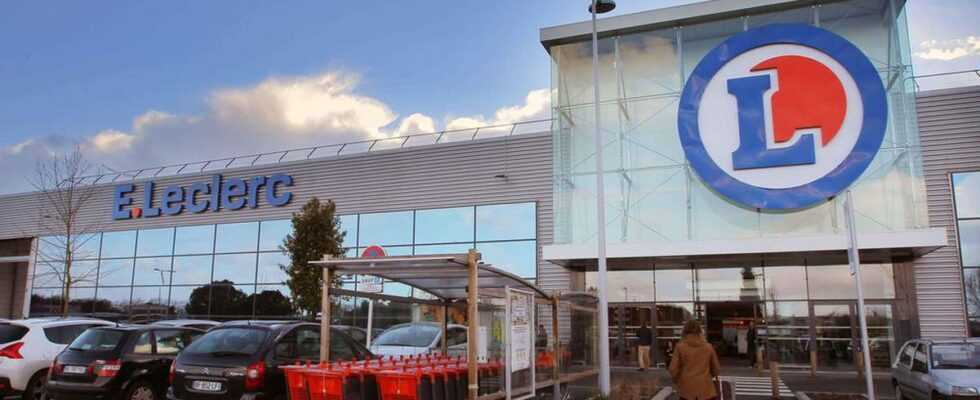The price of pork chops has boosted the Culture Meat union, which denounces “intolerable practices”. Michel-Edouard Leclerc talks about “destocking operations”
Strongly criticized by bakery players for having offered a baguette at only 29 cents, Leclerc stores are now tensing up meat producers. In question, the price of pork chops and products made from pork offered on the shelves, report BFMTV and Capital.
“Intolerable”
The brand has been offering pork chops for a few days for less than two euros per kilo, that’s three times less than the price per kilo on the Rungis market. Slashed prices that have angered the Culture Meat union, which denounces “intolerable practices”.
So when E.Leclerc sells pork chops at 1.69 euro/kilo, his ham at 1.85 euro/kilo, the shoulder at 1.45 euro/kilo or the breast for 1.95 euro/kilo, ” nearly 0.50 euro/kilo is missing to cover the costs of slaughtering, cutting, packaging”, denounces the union in a press release. “We would therefore have to pay farmers for pork at less than 1 euro/kg! Is this the support for French pig farmers? “, he laments.
Culture Viande explains that “these operations at abnormally low prices destroy the value that each link in the pork industry needs to face the challenges that await us in 2022: extension of African swine fever in Europe, decline in exports to China , overabundant supply…” According to the union, “the sector must no longer accept that the production for which so much effort is made daily, be so devalued in the image that consumers have of it”.
“Destocking”
Invited to RMC on Friday, Michel-Édouard Leclerc indicated that it was “destocking operations carried out with producers”. The boss of the supermarket chain notably assured that his group is the one “who buys the most expensive pork from farmers” and that his stores only sell “French pork. »
He concludes: “We can buy more expensive farmers, take on its margin and make operations beneficial to consumers.”
